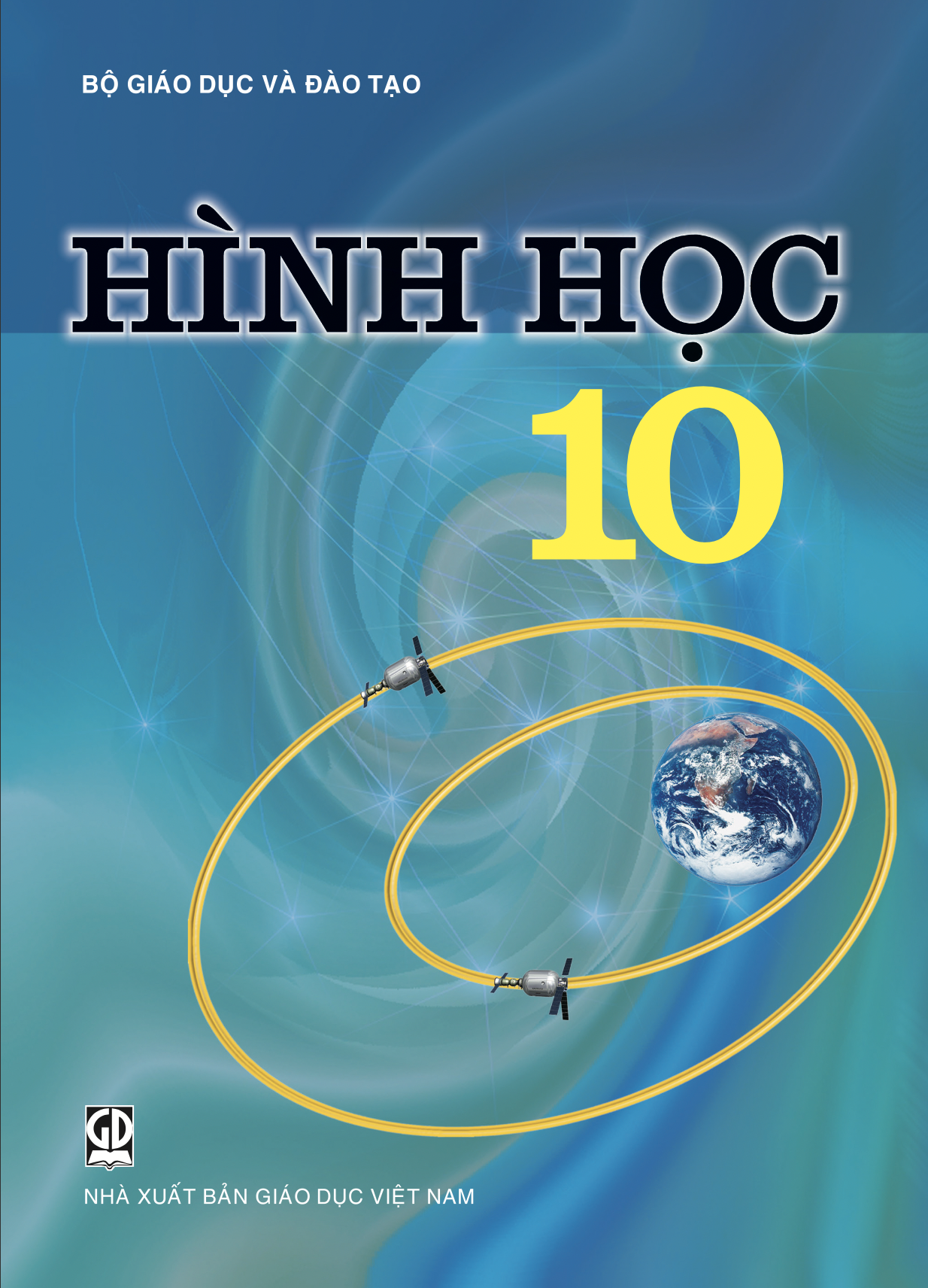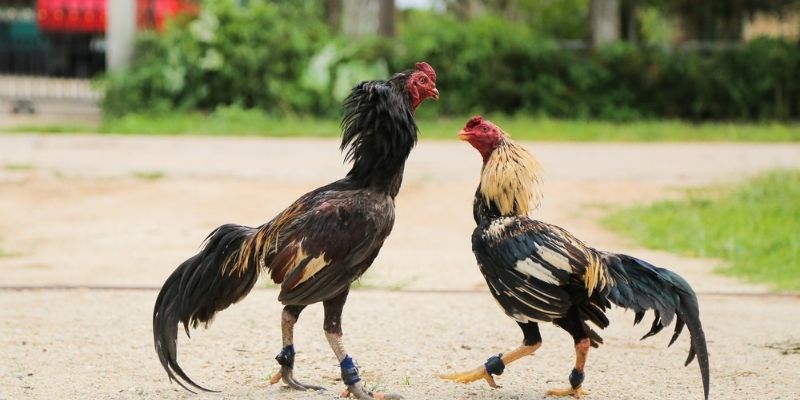(Page 108)
VIII. LOOKING BACK
Pronunciation
1. Listen and mark the stressed syllables in the words in bold. Then practise saying the sentences with a natural rhythm. 🎧
1. Don't buy products that are made from wild animal parts.
2. What can we do to help the animals in the wild?
3. Larger tigers tend to live in colder areas while smaller tigers live in warmer countries.
4. Elephants are endangered because of illegal hunting and body part trade.
5. Do you know why so many endangered animals are disappearing?
(Page 109)
Vocabulary
Choose the correct word to complete each sentence.
1. Many wildlife habits / habitats will be destroyed if people keep cutting down the forests.
2. Researchers are looking for ways to reduce the environmental impact / affect of air pollution on the local community.
3. It's illegal to kill pandas, tigers or any other dangerous / endangered animals.
4. Global warming / climate is mainly caused by pollution and clearing of forests.
Grammar
Change the following sentences into reported speech.
1. The rising sea level is a result of global warming,' the teacher explained.
2. 'I will take part in the competition next month,' my friend told me.
3. 'The clearing and burning of forests lead to air pollution,' the speaker said.
4. 'Are you interested in joining the event this weekend, Minh?' asked Tuan.
5. 'When are you going to deliver your presentation on the environment, Mai?' asked Nam.


































